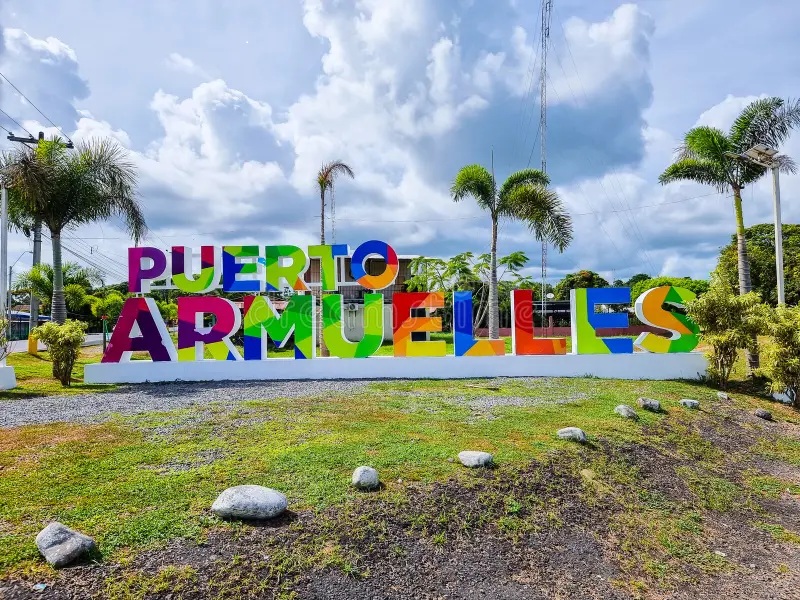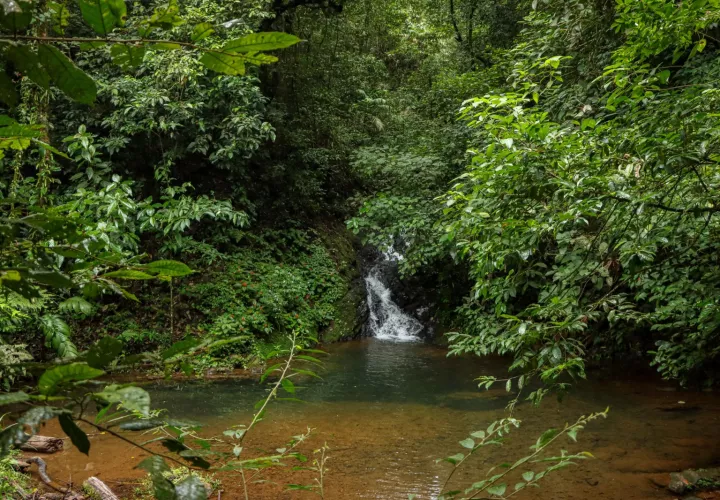THE JAZZ SCENE: Latin Divas Shine Light on African Influence

By Ken Grady
AFRICANS have influenced music in the Americas for over 500 years. One example, Africans brought the beat of the Tambor, the drum, to the Americas. That beat reflected the agony of Africans arriving on Spanish slave ships to America, but mostly in the Caribbean.
The drum beat was also used to communicate. The melding of the African rhythms from the drum, and the indigenous Latin American music is found in countries like, Cuba, Brazil, Peru, Chile, Panama, and throughout the Caribbean.
Some of todays’ most prolific Latin American artists shining a spotlight on the African influence in their own music are female. Here’s more on some of those artists I have followed for years. All of them for their music. And, some for their activism and passion as well. I have seen live performances from all but two of the following.
From Cuba: Omara Portuondo, a legendary singer, who recorded Son Cubano, a style that combines African rhythms & Bantu percussion with Spanish guitar. She also recorded songs with Nat King Cole. Her career spanned over five decades.
Another Cuban icon, Celia Cruz, was the Queen of Latin of Music. From the beginning of her career, Cruz studied West African Yoruba languages spoken in Niger, Benin, Nigeria andthe Caribbean. Yoruba is the most widely spoken African language outside of Africa.
The first Brazilian Latin diva to catch my attention was Flora Purim. One of her greatest musical influences came from a meeting with legendary jazz pianist Horace Silver, with whom Purim shared Portuguese/Brazilian heritage.
Luciana Souza, is another Brazilian. This jazz singer and composer, has solid roots in Bossa Nova influenced by Jazz.Souza has been nominated for aGrammy for Best Jazz Vocal Album, and Best Latin Jazz Album.
Susana Esther Baca,is a key figure in the revival of Afro-Peruvian music. In 1995 she released the CD, The Soul of Black Peru. In addition, she was awarded a Grammy for her folk album, Lamento Negro. Baca also founded the Instituto Negrecontinuo (Black Continuum Institute), to foster the collection, preservation, and creation of Afro-Peruvian culture, music and dance.
A native ofChile, Claudia Acuña is regarded as the most successful singer of Chilean Jazz, ever. In 2001 she recorded a tune called, Slavery Days, which gained her substantial exposure outside of the jazz medium. She now records under the label of Marsalis Music.
In Panama, the lateBarbara Wilsonwas a once in a generation jazz singer. She refused several invitations to move to the US in order to stay close to her Afro-Panamanian roots.
Panama’s present day,Lady of Jazz, Idania Dowman has
her roots firmly in the Afro Antillean Fair,the Costa Rican Ethnic Cultural Festival, performing with Calypso artists from Barbados, and Trinidad andTobago.
Currently,Idania is lead vocalist for the group, Jazz Effects.
Also, Nedelka Prescod is an internationally acclaimed Panamanian singer/songwriter. She established the African American Roots Ensemble atNew England Conservatory (NEC), using oral traditions to honor the people and culture that are the foundations of African music.
As Panamanian Congero & Musicologist, ChoCho Espinosa explains, “…don’t be surprised to find musical influences from the indigenous populations, African, Spanish, and other cultures”.
For more information go to: omaraportuondo.com, celiacruz.com, florapurim.com, nedelkaprescod.com, lucianasouza.com, susanabaca.com, and claudiaacuna.com.
Have a good listening day





